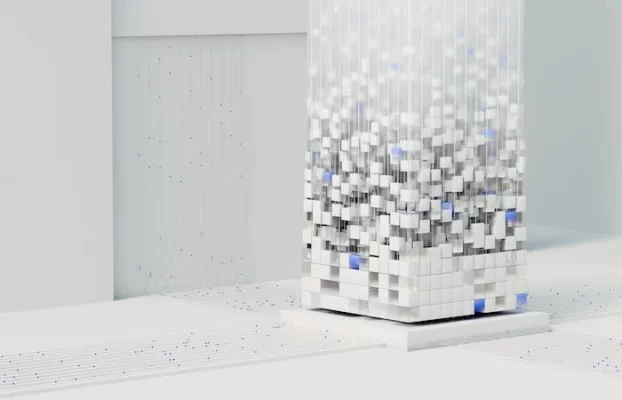This legal update summarises some of the legal issues that may arise from the use of ChatGPT.
What is ChatGPT?
In simple terms, the Chat Generative Pre-trained Transformer (“ChatGPT”) is an artificial intelligence platform that allows users to input content and receive generated answers. According to ChatGPT, ChatGPT is an “advanced conversational artificial intelligence (AI) model developed by OpenAI.
It is powered by the GPT-3.5 architecture and trained on a diverse range of internet text to understand and generate human-like responses. ChatGPT is designed to engage in interactive conversations with users, providing information, answering questions, offering suggestions, and engaging in dialogue on a wide array of topics”
What are some of the important legal considerations to keep in mind when using ChatGPT?
- Ownership and Assignment of Content
Users are considered the owners of the content they input into ChatGPT. Users of ChatGPT are also considered the owners of the output generated from ChatGPT, based on an express contractual assignment of the rights to such output by OpenAI.
As a result, users can use such output for any purpose, including commercial purposes. It’s important to note that while, as between a user and Open AI, that user owns the legal title to the content they input into ChatGPT, users do not have a legal title to that content, that is superior to title of the original owner of the content.
2. Liability for Copyright and Intellectual Property Infringement
It is unlikely that output created by ChatGPT will serve as a defense or shield against copyright violations or against the theft of others’ property. If a user inputs copyrighted material with the intent to derive variations of the original, the owner of the copyrighted material may still be to take legal action for infringement of intellectual property against that user.
Also, where a user is found guilty of intellectual property theft or copyright infringement and assuming the owner of the copyright/intellectual property in that case sues OpenAI, the user will be liable to indemnify OpenAI for expenses, claims and losses incurred in relation to the said legal action.
Intellectual property claims can also arise in situations where the owner of intellectual property establishes that his/her intellectual property was used to “train” a generative AI platform. Such claims are more common with art-focused generative A.I. platforms.
3. Prohibited Uses
Users are prohibited from using ChatGPT in certain ways, including infringing on others’ rights, attempting to access and reverse-engineer its source code or underlying components, using output derived from ChatGPT to develop competing models, extracting data programmatically, falsely representing AI-generated output as human-generated, unauthorized sale or transfer of API keys, and sharing personal information of children without proper consent.
4. The Tort of Defamation
Users can be liable for the tort of defamation where for instance, the output contains that meet the legal requirement for the tort of defamation and where such users broadcast such information to third parties.
The foregoing insight is not intended to constitute legal advice and is not prepared with a specific context in mind. Kindly seek professional advice specific to your situation. You may also reach out to your usual Balogun Harold contact or via support@balogunharold.com for support.


